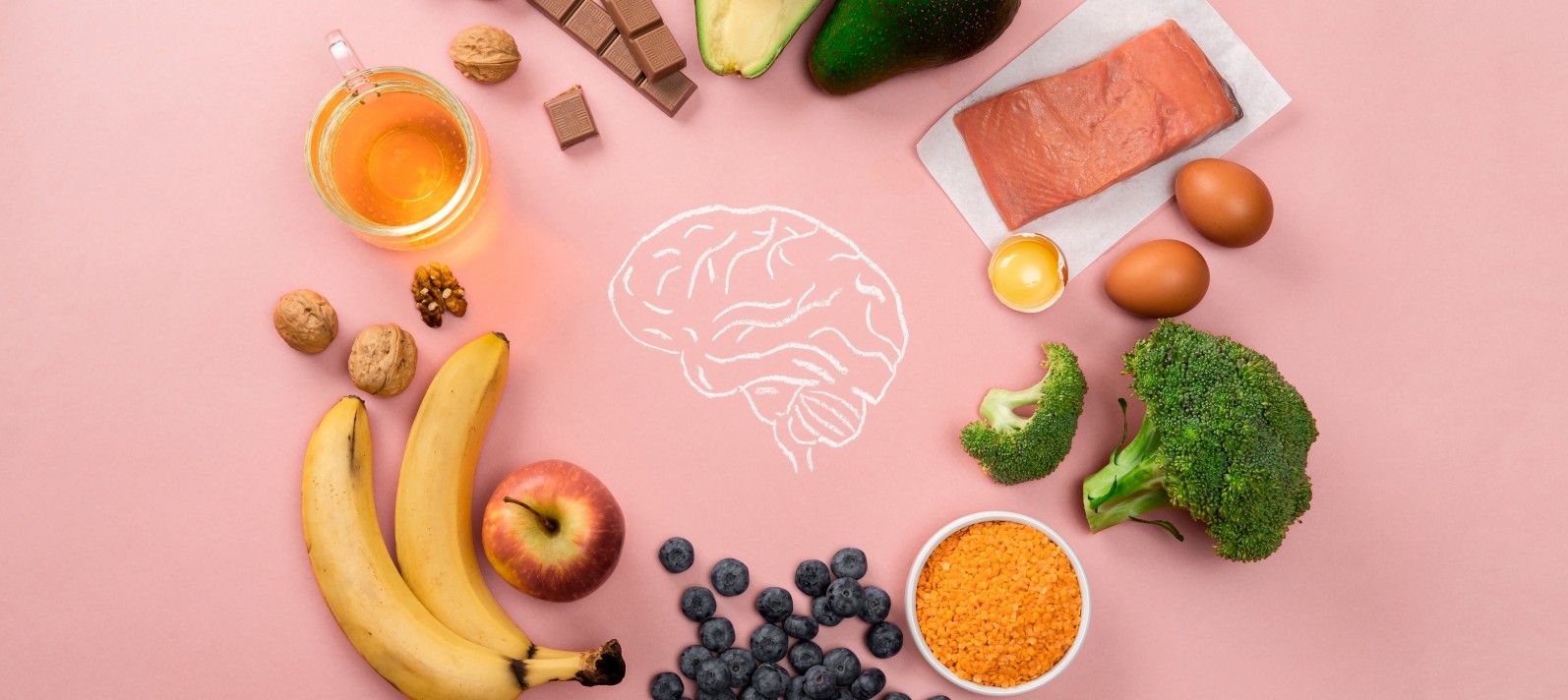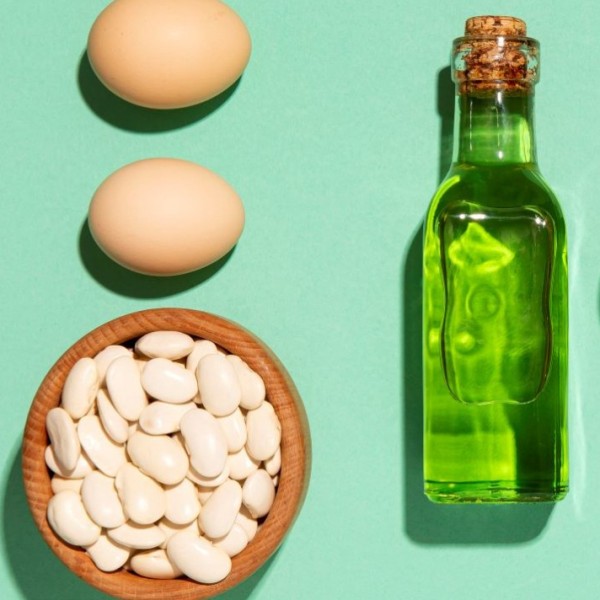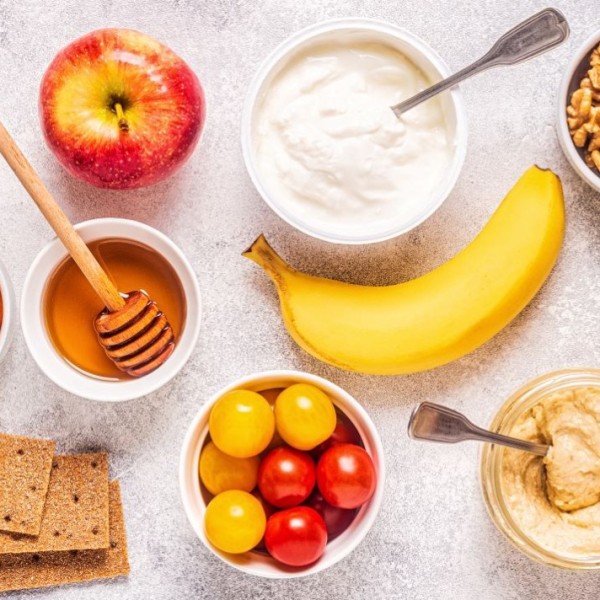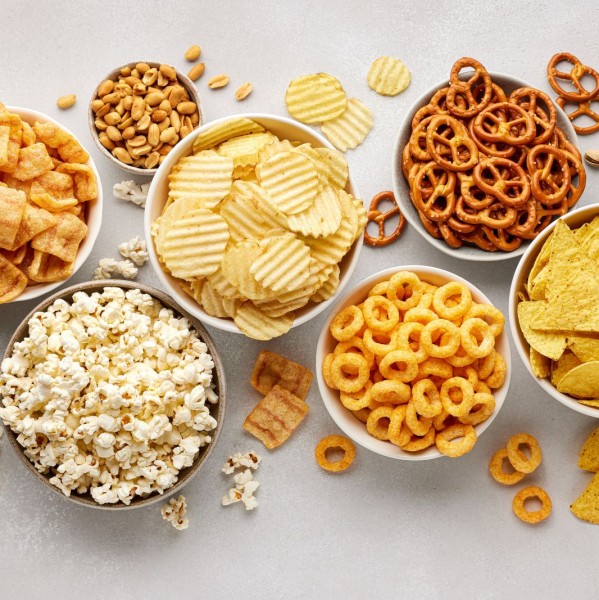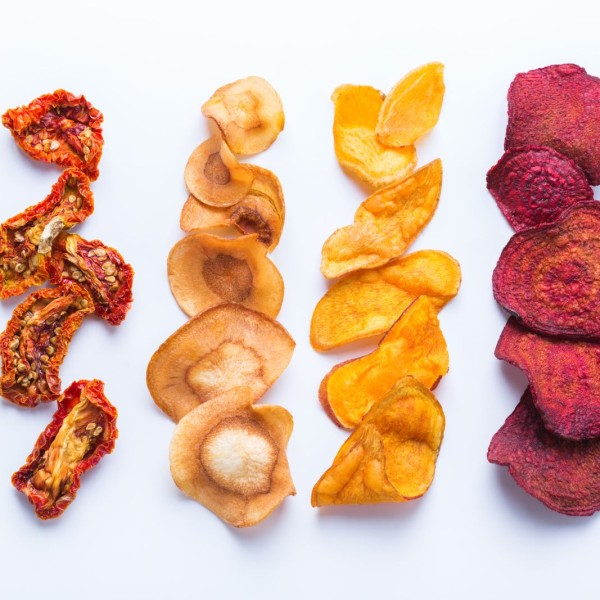Creative thinking, maintaining high concentration and quick decision-making - these are some of the many challenges we face every day. If you want to support these and many other functions of the nervous system, this article is especially for you.
Eat for your brain's health!
Here are the top 10 groups of products for brain health!
1. Omega-3 fatty acids, a must-have for people working mentally. They improve memory and concentration, improve mood and increase the ability to cope with stress. You will find them in Atlantic salmon, herring, mackerel, rainbow trout, chia seeds, flax seeds and walnuts.
2. Protein products - responsible for a positive mood, adequate sleep, motivation, concentration and good mental performance. You will find them in eggs, lean poultry, cottage cheese, natural yogurts, lean fish and legume seeds.
3. Vitamin D affects the processing of information by the brain, improves memory, concentration, can improve general well-being and reduce symptoms of depression. In our latitude, there is nothing left for us to do but supplement this vitamin year-round. Of course, after checking its level in the blood.
4. B vitamins (primarily B1, B6, folic acid and vitamin B12), which are responsible for memory and learning ability, are found in a wide range of products: eggs, dairy products, leafy vegetables, whole grain products, meat and fish.
5. Vitamin C is a strong antioxidant and is important for maintaining brain health. It helps the body respond better to stress, prevents burnout and can contribute to improving intellectual performance. You will find it in peppers, broccoli, strawberries, citrus fruits.
6. Vitamin E, like the above ingredients, is essential for the proper functioning of the brain and maintaining cognitive functions. In your diet, you will get it from eggs, seeds, almonds or vegetable oils.
7. Iron, zinc, magnesium and iodine are other ingredients that are essential for maintaining proper mental processes. You can find them in red meat, offal, nuts, seeds, green vegetables, bananas, avocados, fish, iodized salt, seaweed and dairy products.
8. Polyphenols have strong anti-inflammatory effects, which is why they can improve memory, learning ability and overall mental performance. You can find them in berries, grapes, cabbage, broccoli, onions, cocoa, green tea and coffee.
9. Three to five espressos a day increase alertness, improve concentration and working memory. Regular coffee drinking can contribute to improved well-being and reduce the risk of depression.
10. Water plays a key role in the functioning of the nervous system, affecting the rapid processing of information, the ability to solve problems, memory and concentration. To ensure the benefits of drinking water, drink between one and a half and two and a half liters of fluids a day.
A healthy and balanced diet can become a key support for the function of the brain and nervous system. By including products rich in omega-3 acids, proteins, vitamins, minerals and antioxidants in your daily diet, you will support your memory, concentration, mood and resistance to stress. Remember also about proper hydration, which is equally important for mental performance. By taking care of your menu, you are not only investing in the health of your brain, but also in improving the quality of life and better well-being on a daily basis. Eat consciously - for yourself and your mind!


